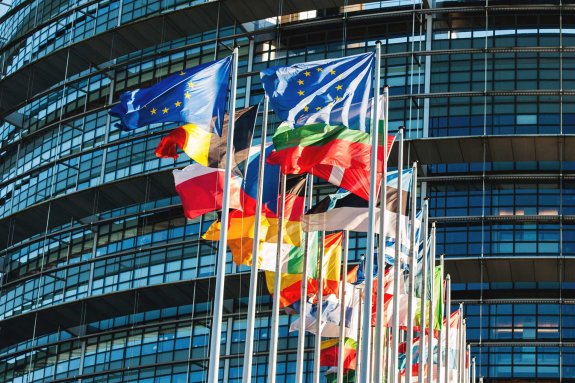
Unfazed
- 27 Septiembre 2021 (7 min de lectura)
Key points
- The results of the German federal elections point to a lengthy negotiation process
- We use the Spanish and Irish real estate bubbles of 10 years ago to shed a light on China’s options
- The Fed is unfazed by mounting uncertainty – the next two months could be volatile though
The first projections for the next Bundestag seem to leave three options open: “traffic light”, “Jamaica” … and another “grand coalition” between SPD (Social Democratic Party) and Christian Democratic Union-Christian Social Union (CDU-CSU). No solution looks obvious, and this suggests Angela Merkel could still be Chancellor for some months in 2022. By the time a coalition agreement is struck, the French presidential campaign may have started in earnest. European Union (EU) affairs could be at a standstill until next summer.
While uncertainty is still high around the Evergrande case, we look at China’s capacity to deal with its real estate bubble using the experience of Spain and Ireland 10 years ago. Contrary to the peripheral countries of the Euro area, China’s central bank is fully flexible, its International Investment Position is positive, and its capital account is not fully liberalized. This allows China to choose the timing and pace of its real-estate overhaul. However, such “clean-up” is a condition to the further modernization of its macro management.
Moreover, a lesson of the Spanish and Irish experience is that real-estate bubbles artificially inflate economic growth while deteriorating its quality through sub-optimal labour and capital allocation. Still, deflating the bubble comes with large transition costs.
Beyond telegraphing the beginning of tapering in November – unless the dataflow deteriorates significantly - the latest Federal Open Market Committee (FOMC) meeting was remarkable for the continuation of the “hawkish shift” on policy rates, although the Fed’s economic outlook has barely changed relative to June. There was a similar move at the Bank of England last week as well. This, together with the “grumblings” at the European Central Bank (ECB) on inflation risks suggest the “tide is turning” on the global monetary stance, even if we can expect some volatility ahead – not least the extreme complications of the US fiscal process. Some “pause for thought” remains possible.
Advertencia sobre riesgos
El valor de las inversiones y las rentas derivadas de ellas pueden disminuir o aumentar y es posible que los inversores no recuperen la cantidad invertida originalmente.